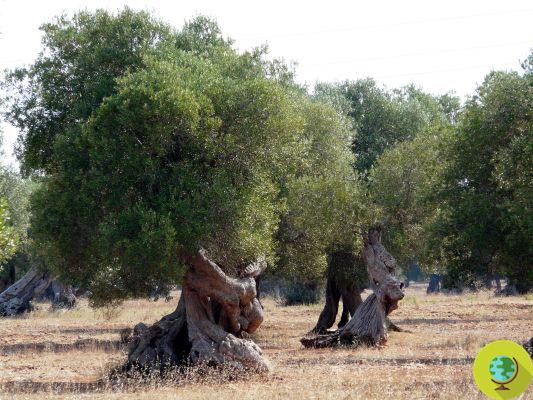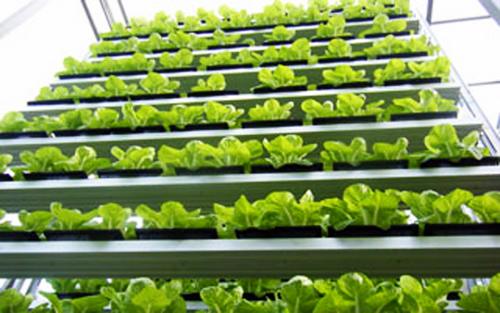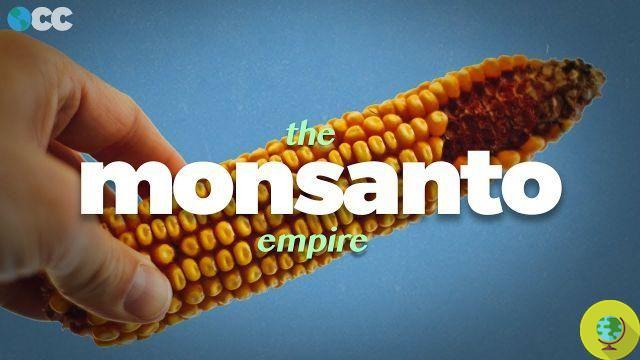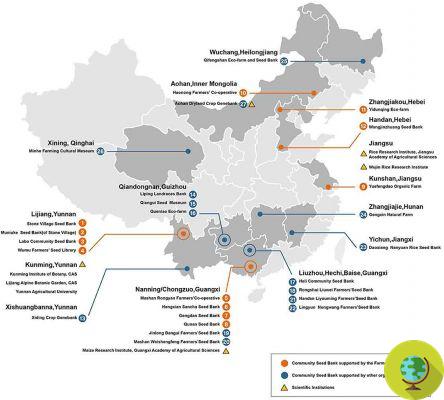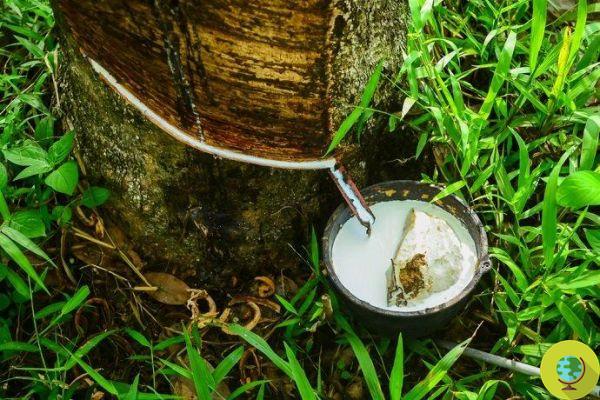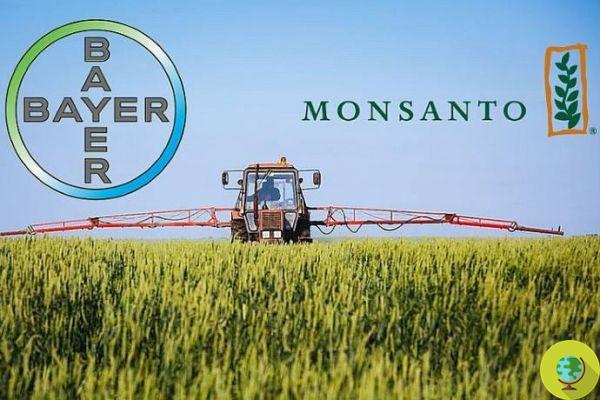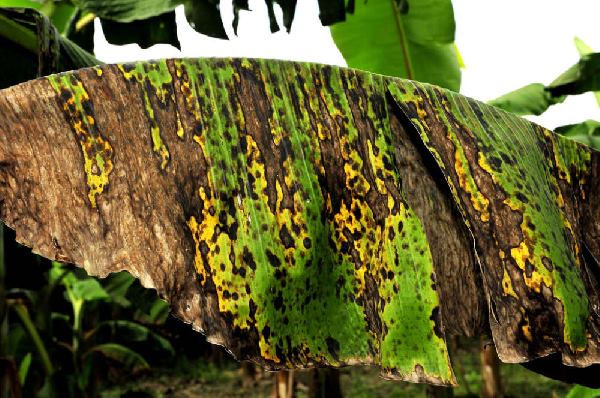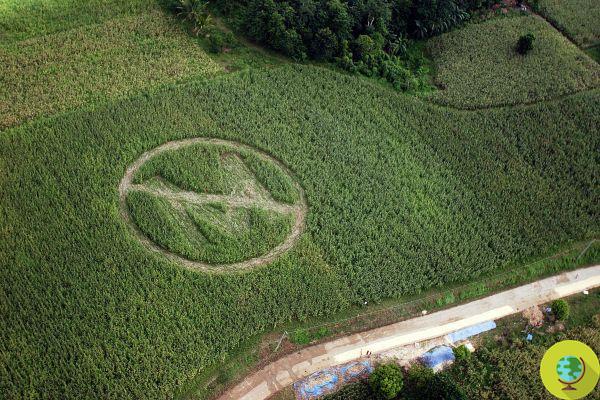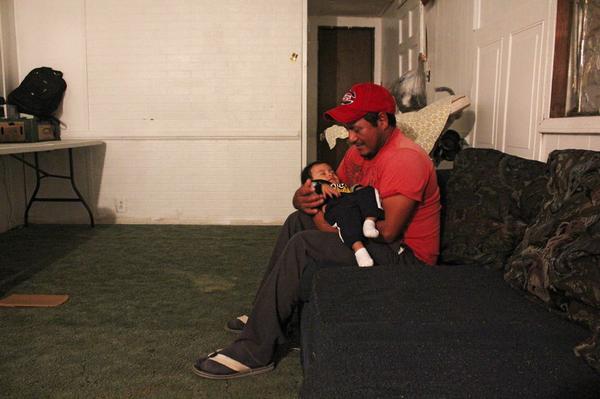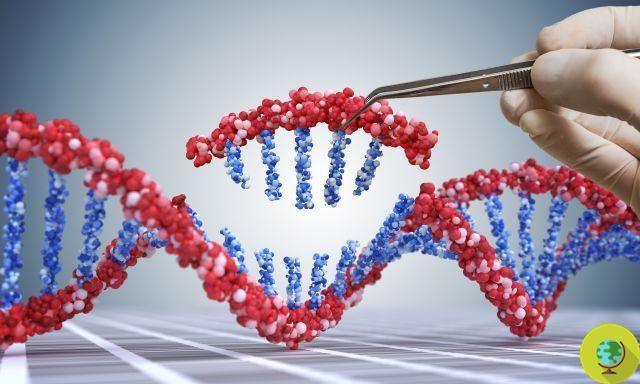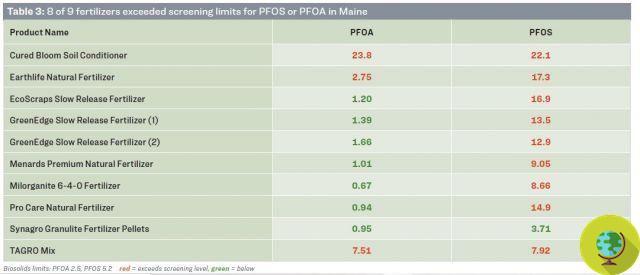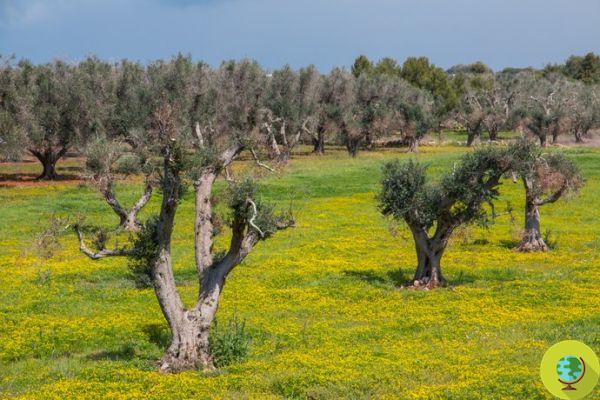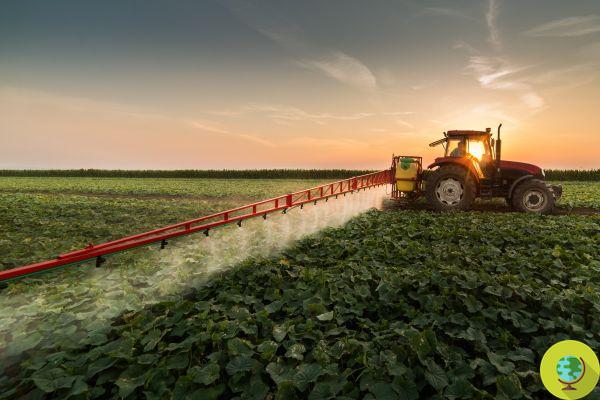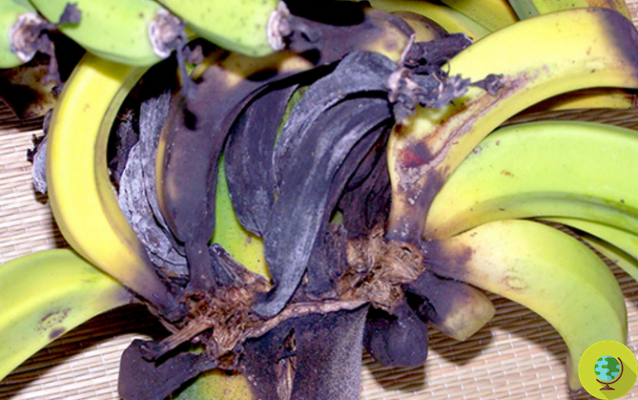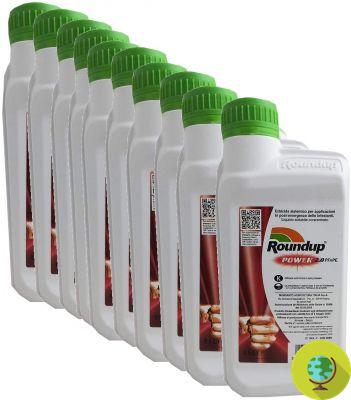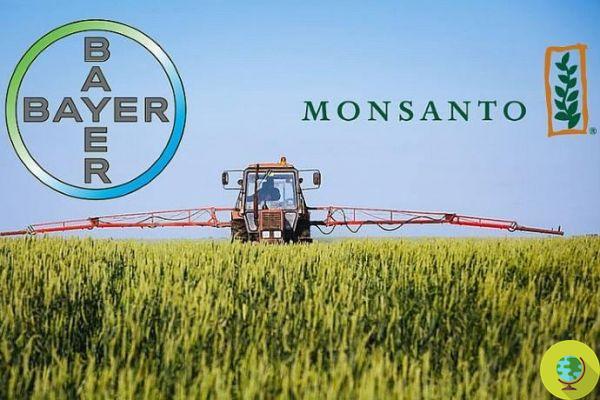
Green light of the European Commission for the acquisition of Monsanto by Bayer. But under some conditions. In fact, the merger will have to be subordinated to a series of corrective measures, which will concern seeds, pesticides and agriculture
He is about to end up run over, his mother saves him
Green light of the European Commission for the acquisition of Monsanto by Bayer. But under some conditions. In fact, the merger will have to be subordinated to a series of corrective measures, which will concern seeds, pesticides and agriculture.
Europe has made sure that the number of global players actively competing in these markets remains the same, according to Commissioner Margrethe Vestager, responsible for competition policy. This should ensure that the Bayer-Monsanto monopoly does not jeopardize competition and does not guarantee farmers the ability to choose different varieties of seeds and pesticides at affordable prices.
La decision an in-depth review of the proposed acquisition of Monsanto by Bayer follows. Monsanto is the world's largest seed supplier and generates the majority of its sales in the United States and Latin America. Monsanto also sells the glyphosate, the most discussed and used pesticide worldwide. Bayer is the second largest supplier of pesticides globally, with a strong presence in Europe. But not only. It is also a major supplier of seeds globally for a number of crops.
In fact, the marriage between Bayer and Monsanto will create the largest global integrated player of seeds and pesticides. Hence the numerous concerns on the part of associations and citizens, which prompted the EU to set conditions.
As part of an in-depth investigation, the Commission assessed over 2.000 different product markets and examined 2,7 million internal documents. It concluded that the transaction would significantly reduce price and innovation competition in Europe and globally. It also expressed concerns that it would strengthen Monsanto's dominant position in certain markets. But according to Europe, the commitments presented by Bayer would completely solve the competition problems:
"They remove all overlap between the parties in the seed and pesticide markets, where concerns have been raised and relate to Bayer's global research and development organization for seeds as well as research to develop a challenging product for the glyphosate from Monsanto. Finally, Bayer is committed to licensing its entire digital agriculture product portfolio globally to ensure continued competition in this emerging market. "
On this basis, the Commission gave its green light to the merger. To get the go-ahead from the EU, Bayer will also sell parts of its industrial operations related to seeds and traits to competitor Basf, another German chemical group, including the research and development division so far committed to creating a competing product to Monsanto's glyphosate.
The glyphosate issue
In December Europe has renewed the authorizations for another five years the use and sale of Monsanto's controversial herbicide. At that time, the vote of Germany had been decisive. Now, three months later, this move has facilitated the trade in a product that is now owned by Germany's Bayer.
… And the monopoly on pesticides and seeds
It ensures Commissioner Vestager that despite the merger there will still be four global players in semi and traits.
“Bayer can only merge with Monsanto if BASF replaces Bayer as the fourth player by essentially taking over Bayer's current seed and trait businesses. Furthermore, the parties involved in the merger will continue to have strong competition from Dow / DuPont and Syngenta and Limagrain and KWS. "
Now, the final step in the merger will be approval by the United States Department of Justice.
Seed control, multinational monopoly, greater and simpler spread of pesticides, food safety. There are many concerns related to the merger, it is unlikely that the EU recommendations and the conditions imposed will make us feel really safe.
READ also:
- Bayer-Monsanto merger: 10 dangers to health and the environment
- In Berlin marching against Monsanto and Bayer: don't touch our food!
Francesca Mancuso




